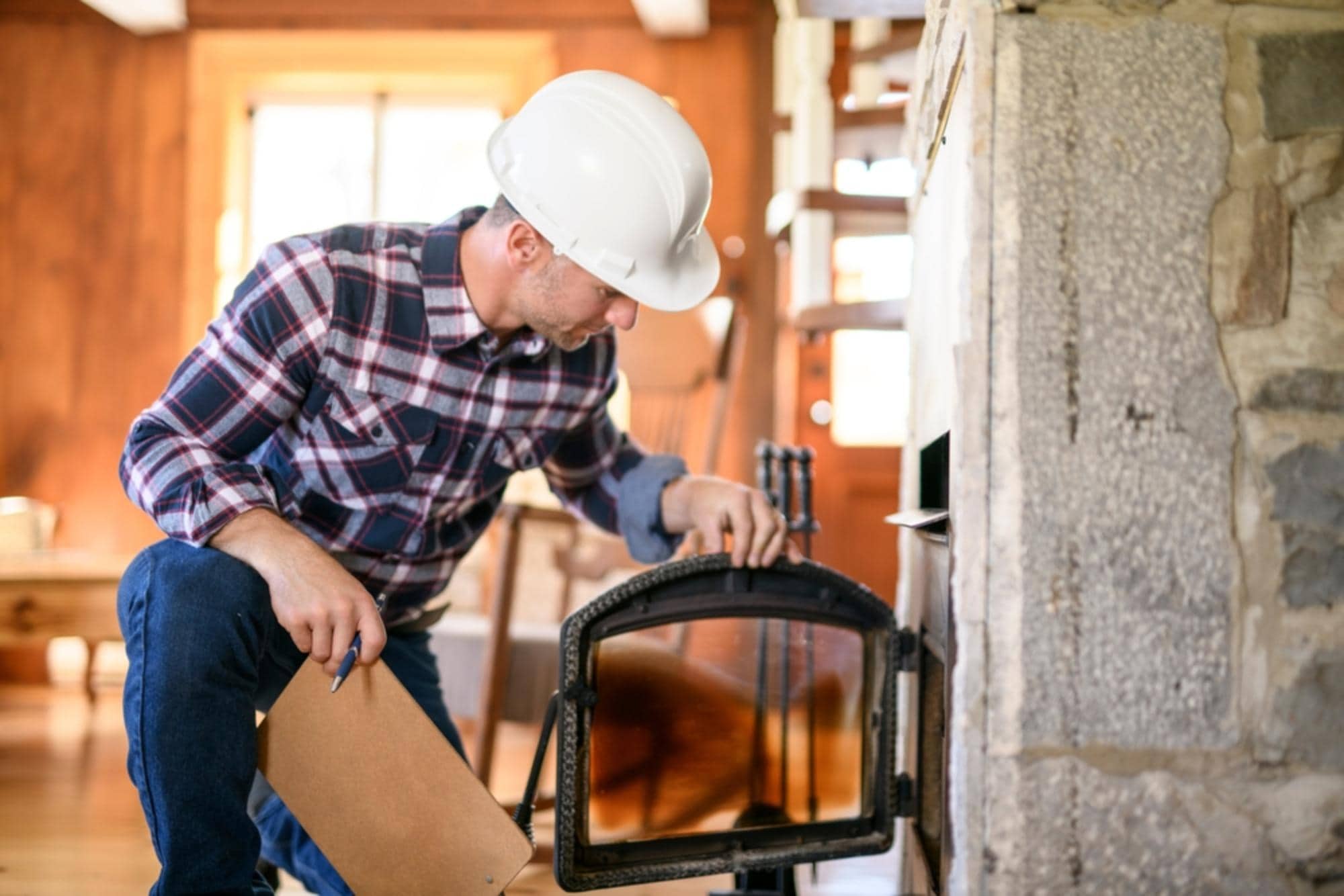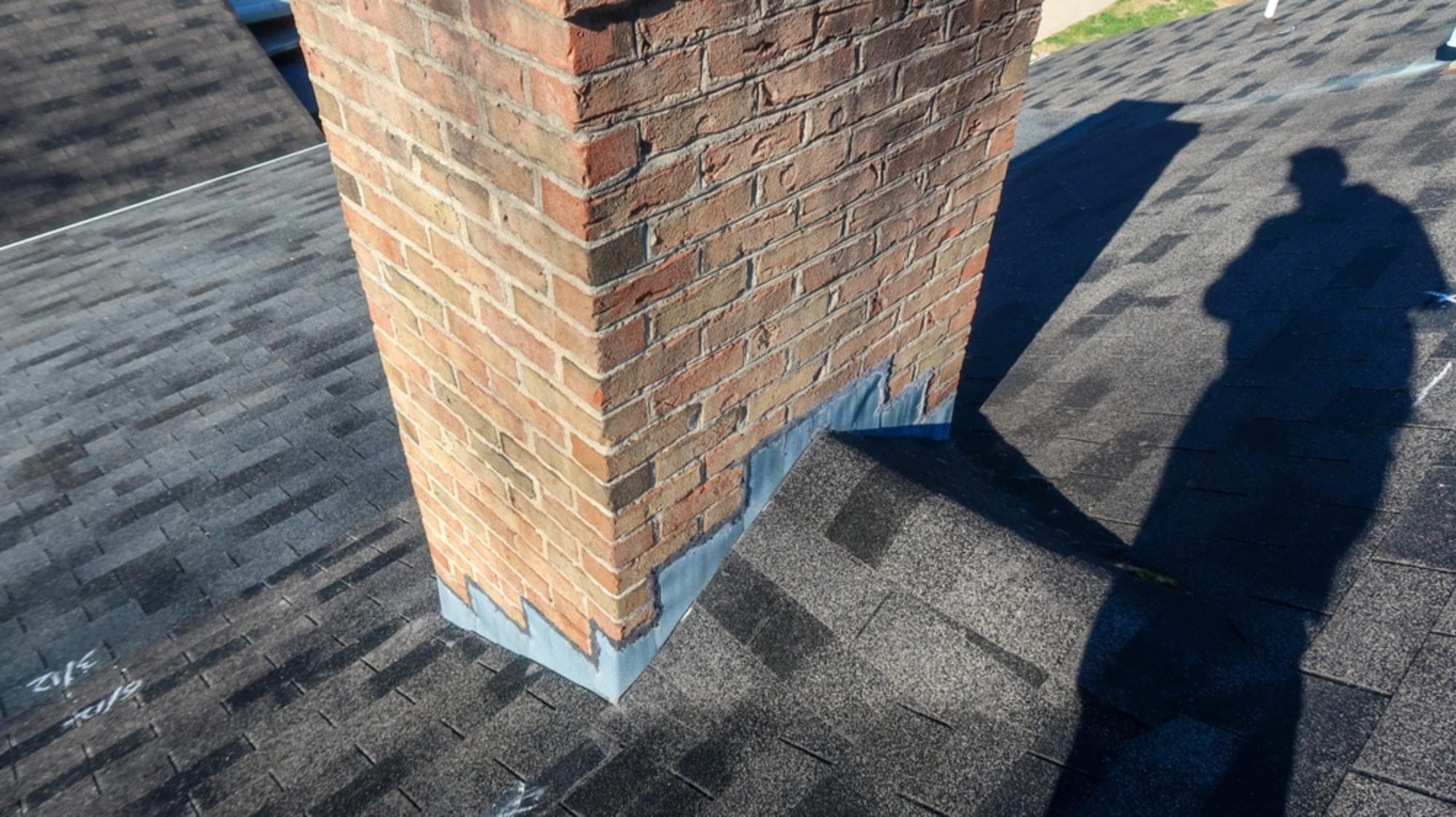Protect your family and investment with thorough chimney inspection services that catch problems before they become dangerous or expensive.

Hear from Our Customers

You get real peace of mind when you know your chimney system is working safely and efficiently. Our certified inspections identify creosote buildup, structural damage, and ventilation problems before they turn into fire hazards or costly repairs.
When we finish your inspection, you’ll know exactly where your chimney stands. No hidden issues waiting to surprise you during the next storm or heating season. You’ll have a clear picture of what’s working well and what needs attention.
That means you can use your fireplace confidently, knowing your family is protected and your home insurance requirements are met.
We’ve been serving Providence County homeowners for years, and we understand exactly what Rhode Island’s climate does to chimney systems. The freeze-thaw cycles, coastal moisture, and temperature swings that make College Hill beautiful also create specific challenges for your chimney.
Our technicians hold certifications in chimney construction, codes, and maintenance best practices. We follow NFPA 211 standards and Rhode Island building codes to ensure your inspection meets all safety and insurance requirements.
We’ve seen every type of chimney problem that develops in this area, from mortar deterioration caused by winter weather to creosote patterns specific to New England heating habits.

We start by protecting your home with multiple layers of drop cloths and setting up our HEPA-filtered equipment designed specifically for chimney work. No dust or debris will escape into your living space.
Our certified technicians examine your chimney from top to bottom, inside and out. We check the flue liner for cracks or damage, inspect the mortar between bricks for deterioration, and examine the chimney cap and crown for proper function. We also verify that your damper operates correctly and look for any obstructions or animal activity.
You’ll receive a detailed report of our findings with clear explanations of any issues we discover. If repairs are needed, we’ll explain exactly what’s required and why, with no pressure or unnecessary upselling.

Ready to get started?
Your chimney inspection covers every component that affects safety and performance. We examine the exterior masonry for cracks or deterioration, check flashing around the chimney base, and inspect the chimney cap and spark arrestor.
Inside, we evaluate the flue liner condition, check for creosote buildup levels, and test damper operation. We also look for signs of water intrusion, animal activity, or structural settling that could affect your chimney’s performance.
College Hill’s historic homes often have unique chimney configurations, and our experience with older construction means we know what to look for. We understand how Rhode Island building codes apply to both modern and historic chimneys, ensuring your inspection meets current safety standards while respecting your home’s character.
